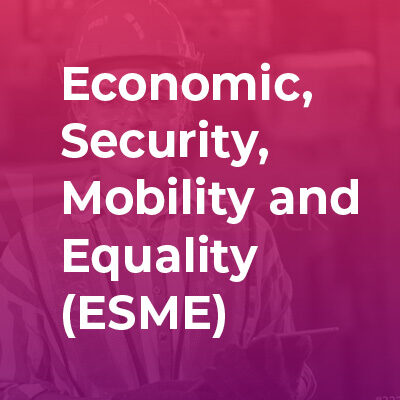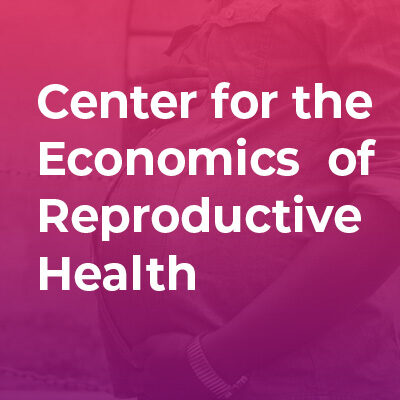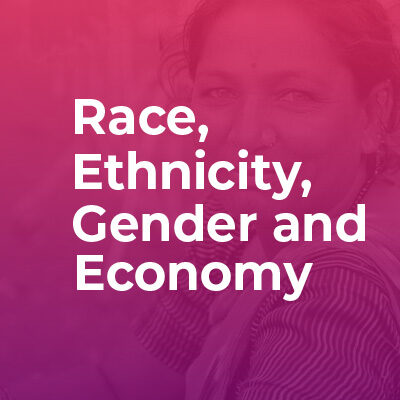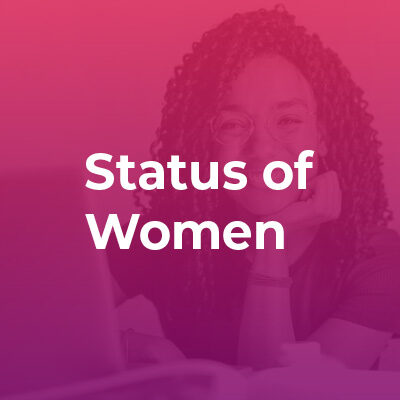ABOUT US
>> OUR MISSION
>> STAFF
>> LEADERSHIP
>> CAREERS
>> CONTACT
OUR MISSION
A just future begins with bold ideas
We win economic equity for all women and eliminate barriers to their full participation in society. As a leading national think tank, we build evidence to shape policies that grow women’s power and influence, close inequality gaps, and improve the economic well-being of families.
LEARN MORE ABOUT IWPR’S MISSION, VALUES, AND IMPACT.
CLICK HERE TO READ OUR 2023 ANNUAL REPORT!
STATEMENT OF RESEARCH INDEPENDENCE
The Institute for Women’s Policy Research (IWPR) is a nonpartisan, nonprofit organization that engages in research and dissemination to shape public policy and improve the lives and opportunities of women from diverse backgrounds. As a nonpartisan organization, the independence of our research is essential to maintaining the highest standards of integrity and quality. IWPR seeks to ensure these standards through internal and external peer review processes. In most cases, reports receive one to two external reviews; some shorter products receive external review as well. All publications are reviewed by in-house researchers not involved in their production.
IWPR researchers may receive input from advocates, policymakers, funders, and other interested stakeholders on different aspects of the research, but IWPR makes the final decisions on its research activities, conclusions, and recommendations. IWPR employs research methods that are scientifically sound and engages in research and related activities that advance its mission and values.
IWPR believes this independence is essential to achieving the organization’s goals. When IWPR comments on public policy, it wants to be heard by an array of groups and parties across the ideological spectrum. It is critical that these groups and individuals can trust that IWPR’s statements are the result of credible research, and are not a reflection of the vested interests of a third party. The Institute’s reputation for integrity and quality is an invaluable asset that we seek to strengthen and safeguard.
History and Impact
A 30-year Track Record on Illuminating Gender in Policy Debates
Named a top think tank in the United States, IWPR has shifted conversation on issues such as the gender wage gap, employment and job discrimination, Social Security, welfare reform and access to public benefits, educational access, child care, and many others. Our work and experts are cited and appear regularly in more than a thousand news items each year, including in The New York Times, The Washington Post, TIME, USA Today, The Atlantic, broadcast, cable, and satellite, and digital media outlets such as The Huffington Post, Vox, Buzzfeed, The Daily Beast, and others.
IWPR…
- Produces some of the most widely-cited research on the gender wage gap in the United States.
- Testifies regularly before Congress on issues related to women’s economic security, employment opportunities, and retirement income and informs critical state and local policies.
- Helps workers identify and address employment discrimination, leading to better jobs and higher pay.
- Gives voice to the unique experiences of women during major events, such as the pandemic and IWPR’s research on the “she-cession” and the economic impact of the COVID outbreak on women.
Our History
IWPR was founded in 1987 out of a need for an organization whose distinct purpose was to develop comprehensive, women-focused, policy-oriented research. By conducting rigorous analyses using federal data, the social scientists at IWPR shook the gendered and racialized assumptions underpinning public debate.
In its founding year, IWPR analyzed the costs to American workers of not having unpaid leave for childbirth, personal health needs, or family care giving in its inaugural publication, Unnecessary Losses: Costs to Americans of the Lack of Family and Medical Leave. A a quarter century later, the Family and Medical Leave Act has became a cornerstone of U.S. employment law and human resource policy. Since, IWPR has produced widely-respected research in a variety of areas that speak to women’s experiences and challenges and has helped shape policy that has a real world impact on women’s lives.







